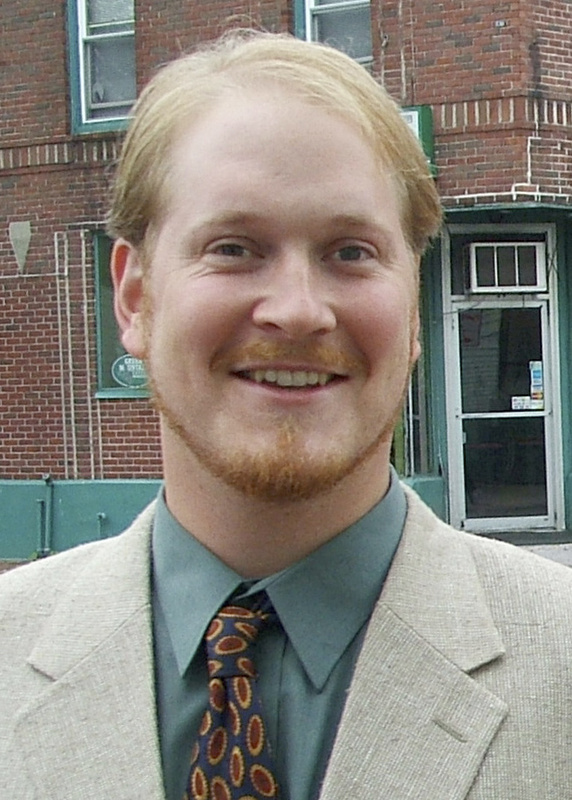PORTLAND — A Portland city councilor hopes to derail a proposed six-month moratorium on medical marijuana dispensaries in the city.
David Marshall said Thursday he will introduce a council order at Monday’s meeting to allow state-licensed dispensaries in two downtown business zones. There is no need to delay access to the drug for those who need it, he said.
“Cutting off the supply of medication to patients with debilitating illnesses such as AIDS and cancer is wrong,” Marshall said during a news conference on the steps of City Hall.
And, if Marshall doesn’t prevail, the city could be facing a legal challenge.
Maine Civil Liberties Union Attorney Alysia Melnick said the moratorium would violate state law because it also restricts the kind of informal medical marijuana use that has been legal in Maine for a decade. “This is a time when Portland should be expanding access, not erecting barriers,” she said.
The council is scheduled to hold a public hearing Monday on the proposed six-month ban, which is intended to allow time for officials to write local siting and operating rules for a medical marijuana supplier. The proposal is facing strong opposition because it could delay the opening of a dispensary in the state’s largest city and busiest public transportation hub.
The Maine Department of Health and Human Services is expected to grant the state’s first-ever licenses to eight regional, not-for-profit medical marijuana dispensaries on July 9.
The Cumberland County dispensary is widely expected to be in Portland because of its population size, existing medical and social services and access to public transportation. Westbrook and South Portland, two other potential host cities, put temporary moratoriums in place months ago and have already been working on zoning guidelines.
Gary Wood, Portland’s attorney, said he waited for draft state rules to be posted last month before recommending that councilors take action and create local rules. Those proposed state rules, which are now being finalized, include standards for security, employee background checks and 500-foot setbacks from schools, among other things.
Marshall’s zoning proposal would resolve perhaps the biggest local issue surrounding the dispensary — where it might be located. He wants to add dispensaries to the list of permitted land uses in two peninsula business zones that include the downtown district and the Bayside neighborhood, where much of the city’s social services are based.
Three other city councilors — Dory Waxman, Jill Duson and Kevin Donahue — have already signed on as cosponsors of the zoning order, he said. If Marshall’s zoning proposal passes on Monday, it would go to the Planning Board for review before final enactment by the council, perhaps in mid July.
But support for Marshall’s zoning order does not necessarily mean the council will reject a moratorium.
Wood, the city’s attorney, said he also supports Marshall’s zoning proposal but that the city may still need a moratorium to deal with other potential issues created by the new medical marijuana law.
Wood’s draft moratorium, for example, also would apply to the growing and selling of marijuana by some individual caregivers.
Under an 11-year-old state law, patients have been allowed to grow their own marijuana or get it from a caregiver who is permitted to grow marijuana for no more than five people. The new state law allows caregivers to continue supplying marijuana to patients, including those who are too ill to leave home and go to a dispensary.
Wood said the city needs to consider additional rules for caregivers because nothing in state laws or rules would prevent them from banding together and essentially creating unlicensed dispensaries to compete with the licensed ones.
“I think there are some holes in the state law,” he said. “I just felt like I had to put this on the table.”
The moratorium would not apply to those caregivers who are growing marijuana only for members of their family or household, he said. “I didn’t want to unnecessarily disrupt what was existing, because it hasn’t created any problems for us,” Wood said.
State officials also are discussing how to close the loophole in the law. “What we don’t want to see are caregivers getting together and basically creating a non-licensed dispensary,” said Kathy Bubar, deputy commissioner of the Department of Health and Human Services.
However, Bubar also said Portland does not have legal authority to pass such a broad moratorium. “The statute’s clear that towns can regulate dispensaries. But there is nothing in the statute that says that towns can have any effect on caregivers and patients and their ability to grow marijuana,” she said.
For Marshall and medical marijuana advocates, the idea that the state may interfere with established caregivers and patients is one more reason to defeat the moratorium.
Charles Whynott, who uses medical marijuana to treat the symptoms of AIDS, said the moratorium could mean he would no longer be allowed to grow marijuana for two elderly, disabled patients in Portland who need the medicine.
“Please do not do this to patients and make it illegal now,” Whynott said.
Staff Writer John Richardson can be contacted at 791-6324 or at:
jrichardson@pressherald.com
Send questions/comments to the editors.


